How Long Do Slots Take To Hit (And Pay Out)

The slot machine jingle, the anticipation of each spin, the thrill of a near miss – it’s a familiar song and dance to any casino-goer. But when will those reels align and deliver the coveted payout?
There’s no magic number of spins that guarantee a win on a slot machine. It’s all down to the Random Number Generator (RNG) that dictates each outcome. While some slots might hit frequently with smaller payouts, others might have less frequent but larger wins.
Let’s unpack these enigmatic RNGs, explore different slot machine types, and see if we can glean any insights into their payout behaviors.
The Process of Slot Machine Payouts
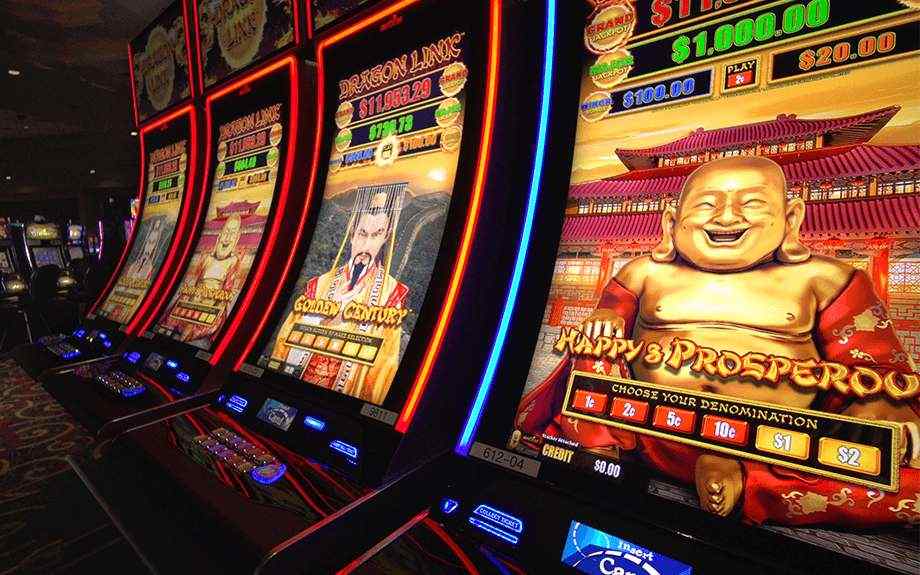
Slot machine payouts are determined by a combination of random number generators (RNGs) and the game’s programmed payout percentage. The RNG is a computer algorithm that ensures each spin is independent of the last, providing a fair chance of winning each time you play.
It’s important to understand that payouts are based on symbol combinations and each machine has its own set of paytables that outline the winning combinations and their corresponding payouts.
Most slot machines display their paytables on the machine itself or within an ‘info’ section if you’re playing online, so you always know what the symbol combinations pay.
Each machine has a set payout percentage, often referred to as Return to Player (RTP), which is the percentage of money wagered that is paid back to players over time. For instance, a slot with an RTP of 95% theoretically pays back $95 for every $100 wagered.
Slot machines also come in two main varieties regarding jackpots: fixed and progressive. Fixed jackpots have a maximum payout that does not change, whereas progressive jackpots increase every time the game is played but the jackpot is not won. The latter can result in significantly larger payouts because the jackpot accumulates over time.
Remember, responsible play involves setting limits and understanding the nature of the game. Knowing the mechanics behind slot machines can not only enhance your gaming experience but also help you make informed choices.
Types of Slot Machine Payouts
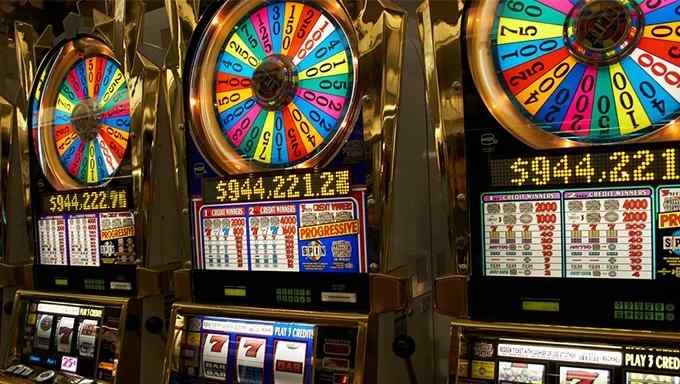
When you’re trying to understand the rewards of slot machine games, it’s important to grasp the two primary types of payouts you’ll encounter. Knowing these can help you choose the right game for your budget and play style.
Fixed Payouts: These are predictable and remain the same, no matter how many times you play or the size of your bet. Each winning combination has a designated payout, making it simpler to know exactly what you’re aiming for. Fixed payouts are great if you prefer stable, straightforward play.
Progressive Jackpots: These jackpots increase with every bet players make. The more people play without winning the jackpot, the bigger it gets. Players looking for a thrilling chase, often with life-changing sums of money on the line, are drawn to these types of slots.
Keep in mind that progressive jackpots can vary widely in terms of how often they pay out. For an in-depth look at the dynamics of fixed and progressive payouts.
In addition, slot machines have payout percentages, often referred to as the Return to Player (RTP) rate. This is a percentage indicating the amount of money a slot gives back to players over time.
Slots with higher RTP rates are generally better for long-term returns. The average RTP for good online casino payouts can be in the range of 95-99%.
Remember, while higher payouts can be enticing, they come with varying odds and hit frequencies. The thrill is in finding the balance that works for you.
What Is RTP and How Does It Affect Payouts?
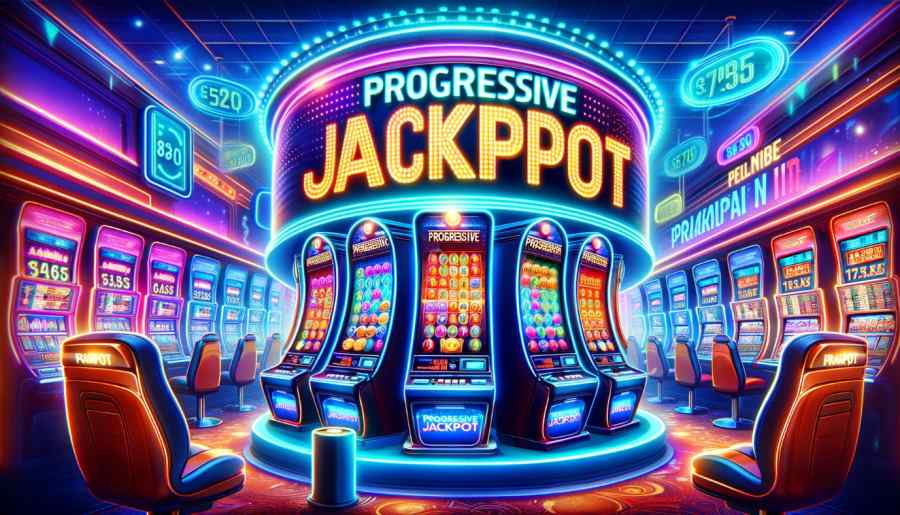
When you play casino games, understanding Return to Player (RTP) is crucial. It’s a percentage indicating how much you can expect to get back from your bets over time. Essentially, a higher RTP means a game is generally more favorable to you in the long run.
Here’s how it works: If a game has an RTP of 95%, you can anticipate getting back $95 for every $100 wagered, on average. Be mindful that this average is calculated over a massive number of spins or rounds, not each session.
Casinos have games with different RTPs, which directly correlate to their profitability. The flip side of RTP is the house edge; it’s what gives the casino its advantage. For a game with a 3.5% house edge, the RTP would be 96.5%, showing how much players get back.
Remember, RTP doesn’t predict short-term outcomes. Even with a high RTP, you can still lose in the short run because outcomes are unpredictable. But it does influence the long-term payouts of a casino game. For more detailed examples, you can check out explanations about slot RTP.
Your playing strategy should include consideration of the RTP because it’s a measure of a game’s generosity. Always look for games with a high RTP to improve your chances of making your bankroll last longer. Keep in mind, though, RTP isn’t the only factor in your gaming experience—variance, volatality, and your choice of bets also play significant roles.
The Impact of Volatility on Hit Frequency
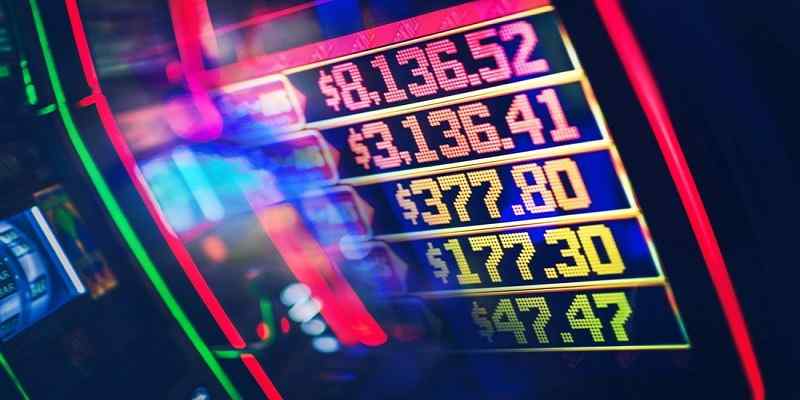
When trading frequencies increase, particularly with high-frequency trading (HFT), the market experiences a measurable change in volatility. It’s important for you to understand that high-frequency traders, who may transact thousands of times within milliseconds, contribute to both market liquidity and price discovery.
Volatility Measures: Volatility is essentially the degree of variation of a trading price over time. Here’s how it affects hit frequency:
- Increased Volatility: Often leads to more trading opportunities for HFT algorithms that thrive on quick price changes.
- Decreased Volatility: May signal fewer opportunities for HFT, reducing the chances of ‘hitting’ profitable trades.
Studies suggest that under stable market conditions, greater HFT intensity is positively correlated with decreased stock price volatility. In simple terms, HFT can stabilize prices by providing more liquidity. However, during times of stress, such as intraday crashes, rapid trading can amplify price swings, thereby increasing volatility.
Here’s a quick insight to reinforce the relationship:
- Stable Market: HFT ==> Lower Volatility
- Market Stress: HFT ==> Higher Volatility
Remember, the link between HFT and market volatility is nuanced. While the impact on trading volume and the number of trades might be marginal, disruptions in high-frequency trading have significant repercussions for liquidity and potentially price volatility.
If you’re navigating these waters, a grasp on the interaction between volatility and high-frequency trading can improve your strategizing for market conditions. Remember, in the realm of stock trading and investment, staying informed and adaptable is key to harnessing the dynamic nature of the markets.
Do Slot Machines Have a Payout Schedule?
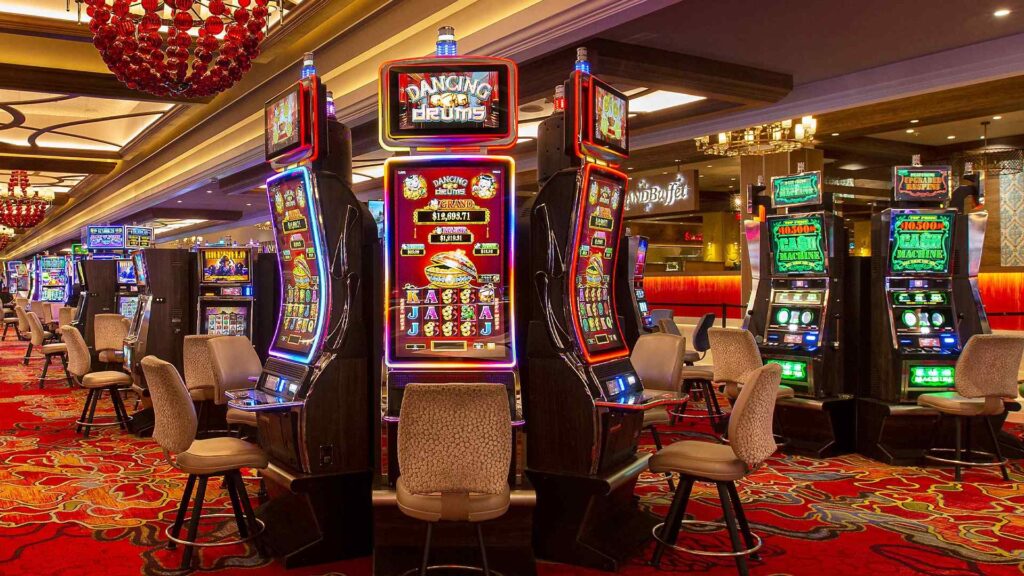
Slot machines don’t operate on a predictable schedule. The concept of a slot machine being ‘due’ to hit a jackpot is a common misconception. Instead, they work on a principle known as the Random Number Generator (RNG). The RNG ensures that each spin is independent and unaffected by previous outcomes, meaning the odds of winning remain the same for every spin.
Understanding slot machine payouts involves looking at a machine’s Return to Player (RTP) percentage, typically between 95-97% for most online slots. For instance, a slot with an RTP of 97% tends to pay out $97 for every $100 wagered over its lifespan, but that’s over millions of spins and not in any predictable pattern.
It’s also important to note that there is no such thing as ‘hot’ or ‘cold’ machines. Every spin is a stand-alone event and the chances of hitting a win on one spin are exactly the same as the previous one.
While slot patterns or payout schedules suggest a methodology to winning, they don’t hold up to the stark reality that slots are designed for randomness and fairness.
Action Steps for Slot Players:
- Look for slots with a higher RTP, ideally over 97%, to potentially increase your chances of a better return over time.
- Remember that randomness is the core of how slot machines operate. Approach each spin knowing it’s independent of the last.
- There are no patterns to decipher with slot machines, so it’s necessary to gamble responsibly.
For a deeper insight into slot machines’ operation, their programming, and payouts, consider the informative articles from Gamble USA and Red Casino.
How Often Do Slot Machines Hit the Jackpot?
Slot machines hit the jackpot based on a completely random principle due to the Random Number Generator (RNG) technology they employ. Each spin is an independent event; therefore, there isn’t a predictable pattern as to when a slot machine will award the jackpot.
The overall likelihood of hitting the jackpot varies widely depending on the machine’s programming and the type of jackpot.
Fixed jackpots pay out more frequently, but the amounts are usually smaller. You’ll find that a game with a smaller jackpot in the range of $200-$2,000 might offer better odds and payout more often. For progressive jackpots, which can reach into the millions, the odds of hitting the jackpot are considerably lower.
Progressive jackpots, while less frequent, accumulate over time as the game is played across different platforms. Some players track the average time between payouts and use this as an indicator, but it’s vital to understand this is a strategy based on past events and not a guarantee of future payouts.
When you come across machines boasting a high Return to Player (RTP), which averages around 95-97%, that’s an indicator of the machine’s payback over time, not the chances of hitting the jackpot on any given spin. Remember, the higher the RTP, the better the expected performance, but there’s no way to precisely predict a slot machine’s payout timing.
Seeing someone hit a jackpot shortly after another person has played the same machine can be misleading. It’s simply a matter of RNG, and timing is coincidental. Keep in mind that while strategies and patience can enhance your playing experience, luck is the predominant factor in winning a slot machine jackpot.
Can You Predict When a Slot Machine Will Hit?
The simple answer is no. Slot machines are designed with a Random Number Generator (RNG) to ensure that each spin is independent of the previous one. This means that a slot machine is just as likely to hit a jackpot on consecutive spins as it is to go 100 spins without a jackpot.
However, understanding some statistics behind the games might improve your chances.
RTP: Return to Player The RTP is a percentage that indicates the potential payout over time. It’s important to choose slots with a higher RTP, as these machines theoretically pay back more over the long term. For instance, a slot with an RTP of 97% gives better odds than one with a 95% RTP.
Hit Rate It’s also worth considering the hit frequency of a slot machine. A 25% to 27% hit rate is average, but some machines have rates as low as 9% or as high as 45%. Remember that a higher hit rate doesn’t guarantee higher payouts, but indicates more frequent wins.
Bear in mind that predicting when a slot machine will hit is not possible due to RNG. It’s vital to play responsibly, understanding that slot machines are games of chance with an in-built house edge. Your best strategy is to look for machines with a high RTP and enjoy the experience without the expectation of winning on any particular spin.
